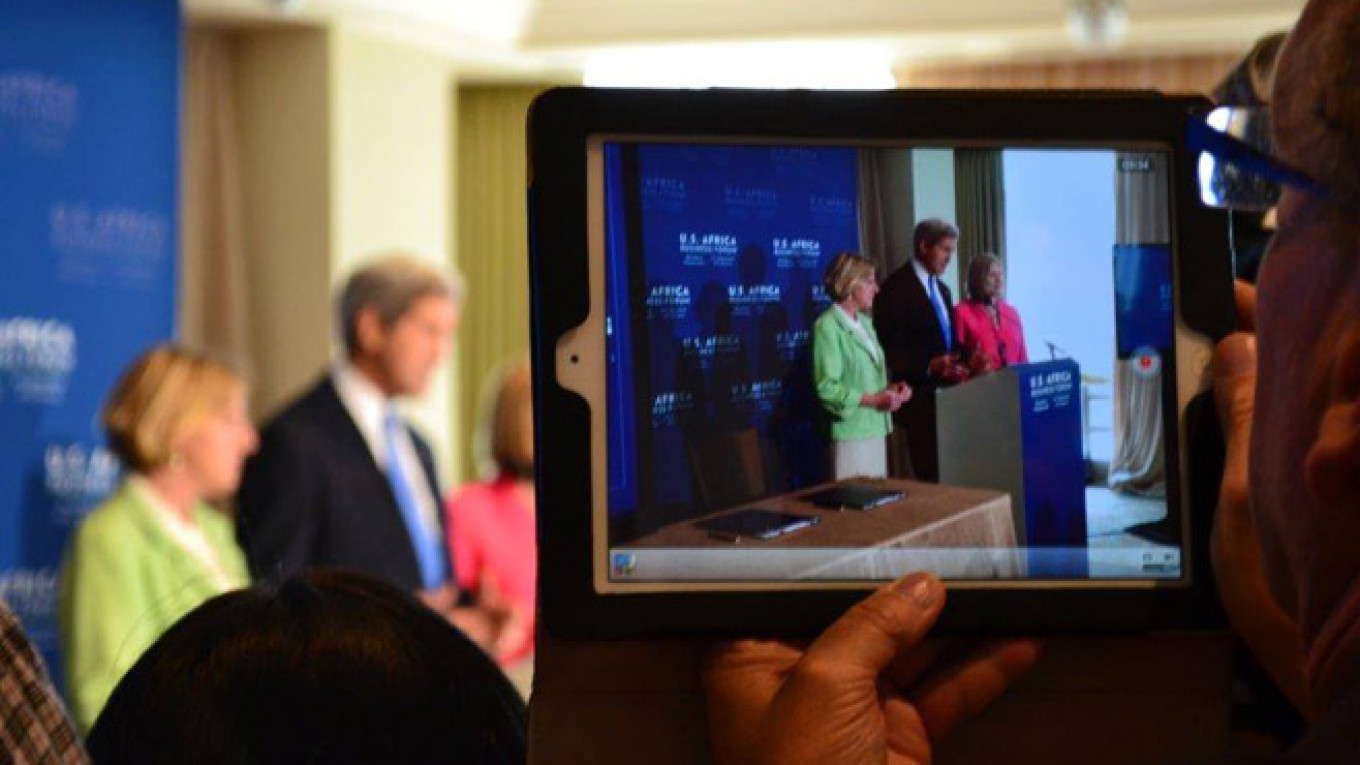U.S. government investment corporation OPIC will stop investing in Russia after more than two decades in the country, the latest fund to recoil from Russia as Moscow's spat with the West over Ukraine deepens.
Charles Stadtlander, a representative of Overseas Private Investment Corporation, told news agency RBC on Thursday that the fund would freeze new projects but not divest its active investments: "[We] will honor the agreements we already have, but that's it," he was quoted as saying.
Since 1993, OPIC has invested more than $3 billion in Russian development and sponsored more than 125 projects, RBC said. OPIC's last investment in Russia was in February, when it gave $150 million to Russian private equity firm Elbrus Capital.
In March, Russia annexed Crimea from Ukraine, prompting a collapse in relations with the West, multiple rounds of sanctions and counter-sanctions, and the closure of international capital markets to many major Russian companies.
Stadtlander did not comment on the reasons for the corporation's decision.
OPIC is the U.S. government's development finance institution. It was one of the first foreign investment firms to come to Russia after the collapse of the Soviet Union.
Another development fund, the European Bank of Reconstruction and Development froze investment in new Russian projects in July, after the EU pressured it to do so.
Private firms have also been closing their doors. U.S. private equity firm Blackstone, which had $279 billion under management as of June 30, said Monday that it was "giving up on Russia," and would not to renew the contracts of consultants it employs in the country, the Financial Times reported.
A Message from The Moscow Times:
Dear readers,
We are facing unprecedented challenges. Russia's Prosecutor General's Office has designated The Moscow Times as an "undesirable" organization, criminalizing our work and putting our staff at risk of prosecution. This follows our earlier unjust labeling as a "foreign agent."
These actions are direct attempts to silence independent journalism in Russia. The authorities claim our work "discredits the decisions of the Russian leadership." We see things differently: we strive to provide accurate, unbiased reporting on Russia.
We, the journalists of The Moscow Times, refuse to be silenced. But to continue our work, we need your help.
Your support, no matter how small, makes a world of difference. If you can, please support us monthly starting from just $2. It's quick to set up, and every contribution makes a significant impact.
By supporting The Moscow Times, you're defending open, independent journalism in the face of repression. Thank you for standing with us.
Remind me later.






